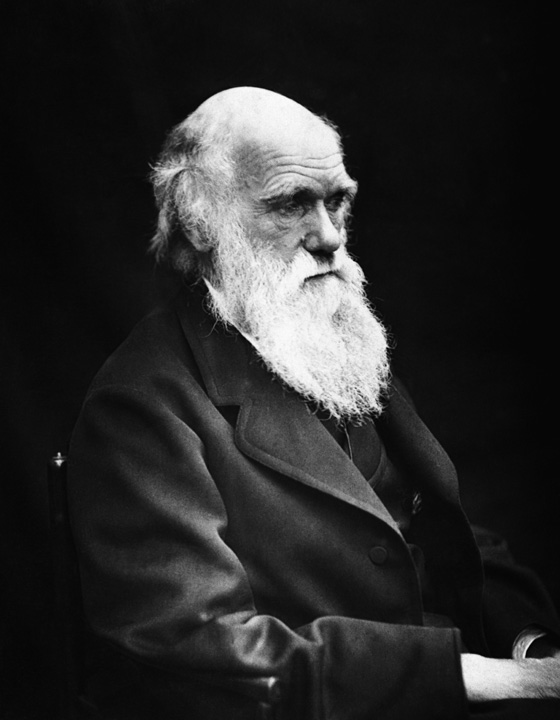
January 31, 2018
SIU's Darwin Week taps into compelling questions
CARBONDALE, Ill. – Of all the theories on who we are and how we got here, Charles Darwin’s biological explanations have arguably had one of the biggest impacts on humans’ understanding of these questions. Southern Illinois University Carbondale will again pay homage to the ground-breaking scholar with a series of events during Darwin Week, Feb. 12-15.
The annual SIU event celebrates the life and work of Darwin, whose landmark work, “On the Origin of Species,” has set the tone for evolutionary biology studies ever since. The week of events also will feature student research, speakers and a video screening.
A living legacy
Frank E. “Andy” Anderson, associate professor of zoology, said Darwin’s ideas of descent with modification and natural selection form the framework for the life sciences, making him an important touchstone for students and researchers in those fields.
“His theories allow us to address some of the biggest ‘why’ questions in biology,” said Anderson, who along with Kurt Nuebig, assistant professor of plant biology, and Dan Nickrent, professor emeritus of plant biology, is helping coordinate the events. “Darwin helps us answer questions such as: Why are organisms so well adapted to their environments? Why are there so many species? Why do some species look alike? Why do species live where they live?”
A week of events
The week kicks off at 6:30 p.m. Feb. 12 at the Student Center’s second-floor art area with a photo and art contest built around the theme “We’re all related: Descent with Modification.” The event features cash prizes for winners, as well as food and fun.
Organizers have scheduled a mini symposium for the next evening on the topic “The Mystery of the Beginning of All Things.” Students from all backgrounds and majors are encouraged to attend the event, which will include student guest speakers as well as a panel discussion. This event is set for 7 p.m. Feb. 13 in the John C. Guyon Auditorium at Morris Library.
On Feb. 14, the university will present a program titled “Your Inner Fish,” which discusses the human body’s adaptive and complicated workings. The program, which starts at 7 p.m. in the Guyon Auditorium, features University of Chicago anatomist Neil Shubin.
The week ends Feb. 15 with two public lectures by Jonathan Losos, distinguished professor from Washington University.
Losos’ first lecture, set for 4 p.m. in the auditorium in Life Science III, is titled “Lizards in an Evolutionary Tree: Ecology and Adaptive Radiation of Anoles.” His second lecture, “Improbable Destinies: Fate, Chance and the Future of Evolution,” is set for 7:30 p.m. in the auditorium at Lesar Law Building.
Relevance to today’s issues
Anderson said Darwin’s work remains important when considering the ties between natural selection and resistance. Resistance, such as resistance of microbes to antibiotics, resistance of crop pests to pesticides, and even resistance of cancerous tumors to chemotherapy, is one of the major threats facing global health and welfare.
“Since resistance is fundamentally a problem of selection – the lucky microbes, pests and tumor cells that aren’t vulnerable to our chemical attacks are those that survive, reproduce and cause trouble – researchers are using evolutionary theory to mitigate resistance in all its forms,” Anderson said.
Studying the fossil record in an evolutionary context may give scientists clues about how biological communities will react to future climate change, as well, Anderson said. But even beyond biology, Darwinian principles continue to impact fields such as anthropology, psychology, economics, philosophy and even computer science.
“Darwin’s ideas fundamentally shifted humanity’s view of itself,” Anderson said. “His concept of a tree of life, with humans as just one twig, leads us to question our place in the universe, an understandably uncomfortable prospect for many people. As a result, he remains one of the most controversial scientists of all time.”
